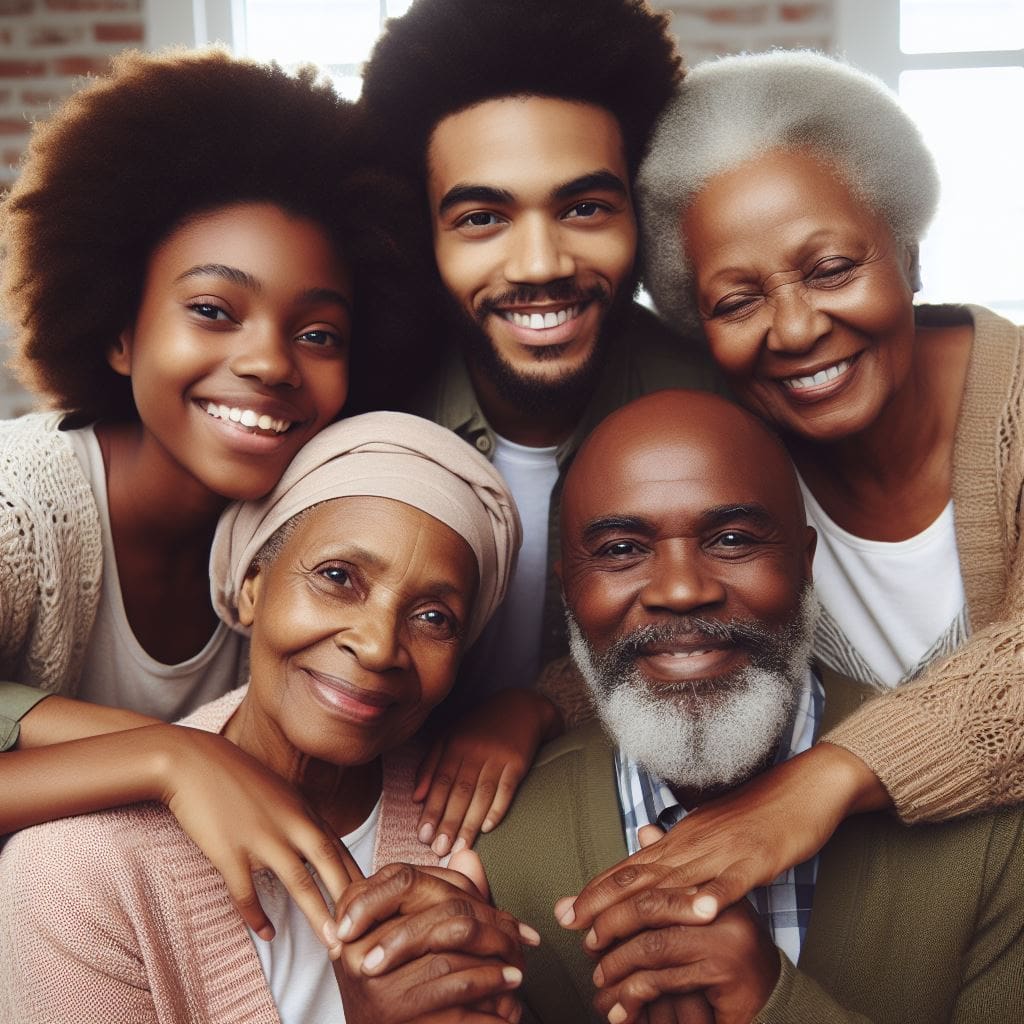
Strong relationships are essential for a happy and healthy life. But what makes a relationship truly fulfilling? The answer lies in emotional bonding.
In today’s fast-paced world, where technology connects us instantly, it’s easy to overlook the importance of emotional bonding. Yet, deep connections with others play a vital role in our happiness and well-being. From family and friends to colleagues and even pets, these emotional bonds enrich our lives in countless ways.
What is Emotional Bonding?
Emotional bonding is the invisible thread that weaves people together, fostering feelings of closeness, trust, and understanding.
Emotional bonding is the process of forming a close relationship with someone based on feelings of trust, affection, and understanding. It goes beyond superficial interactions and involves a deep sense of connection that withstands the test of time.
Why Emotional Bonding Matters
1. Sense of Belonging:
Building emotional bonds helps us feel like we belong. Whether it’s within our family, community, or social circle, knowing that we are loved and accepted fosters a sense of security and belonging.
2. Support System:
Strong emotional bonds provide us with a support system during challenging times. Knowing that we have someone to lean on, share our struggles with, and seek advice from can significantly reduce stress and anxiety.
3. Increased Happiness:
Studies have shown that people with strong emotional connections tend to be happier and more fulfilled in life. Sharing experiences, making memories, and feeling understood by others contribute to a greater overall sense of happiness.
4. Enhanced Self-Esteem:
Strong emotional bonds can boost self-esteem and self-worth. When we feel loved and accepted by others, we are more likely to view ourselves in a positive light and have confidence in our abilities.
5. Greater Resilience:
Emotional bonds provide a foundation of support during difficult times, helping us bounce back from adversity more effectively. Knowing that we have people who care about us can give us the strength and resilience to overcome challenges.
6. Sense of Purpose:
Feeling connected to others gives us a sense of purpose and belonging in the world. Knowing that we matter to others and have a role to play in their lives can give us a sense of meaning and fulfillment.
7. Improved Communication Skills:
Building emotional bonds requires effective communication and empathy. By practicing active listening and expressing ourselves openly and honestly, we can improve our communication skills and deepen our connections with others.
8. Healthy Coping Mechanisms:
Strong emotional bonds can help us develop healthy coping mechanisms for dealing with stress and adversity. Instead of resorting to unhealthy behaviors like substance abuse or avoidance, we can turn to our support system for comfort and guidance.
9. Longevity and Quality of Life:
Research has shown that people with strong social connections tend to live longer and enjoy better overall health. Emotional bonding contributes to our well-being by reducing the risk of chronic diseases and promoting longevity.
10. Improved Mental Health:
Emotional bonding plays a crucial role in maintaining good mental health. Having someone to confide in and express our emotions to can help alleviate feelings of loneliness, depression, and isolation.
11. Personal Growth and Development:
Emotional bonds provide a supportive environment for personal growth and development. Through meaningful connections with others, we can learn from different perspectives, challenge ourselves, and evolve as individuals.
12. Positive Impact on Relationships:
Building strong emotional bonds fosters healthier and more fulfilling relationships. When we feel secure and valued in our connections with others, we are better equipped to navigate conflicts, communicate effectively, and maintain long-lasting relationships.
13. Cultural and Social Integration:
Emotional bonding plays a crucial role in cultural and social integration, fostering a sense of unity and cohesion within communities. By bridging differences and celebrating diversity, emotional bonds promote harmony and mutual understanding.
14. Legacy and Impact:
Strong emotional bonds leave a lasting legacy and impact on future generations. The love, support, and wisdom we share with others can ripple through time, shaping the lives of those we touch and leaving a positive mark on the world.
How to Build Strong Emotional Bonds
1. Active Listening:
Take the time to listen attentively to others without judgment. Show empathy and understanding by acknowledging their feelings and perspectives.
2. Open Communication:
Foster open and honest communication in your relationships. Share your thoughts, feelings, and experiences openly, and encourage others to do the same.
3. Quality Time:
Spend quality time together engaging in activities that you both enjoy. Whether it’s going for a walk, sharing a meal, or simply having a heartfelt conversation, quality time strengthens emotional bonds.
4. Express Appreciation:
Express gratitude and appreciation for the people in your life. Let them know how much they mean to you and how their presence enriches your life.
5. Be Supportive:
Offer support and encouragement to those you care about during both good times and bad. Show up for them when they need you and celebrate their successes with genuine enthusiasm.
Parting Words
Emotional bonding is the foundation of meaningful relationships and plays a significant role in our overall well-being. By nurturing and strengthening these connections, we can experience greater happiness, resilience, and fulfillment in life. So, take the time to cultivate and cherish the relationships that matter most, for they are truly priceless treasures in our lives.



